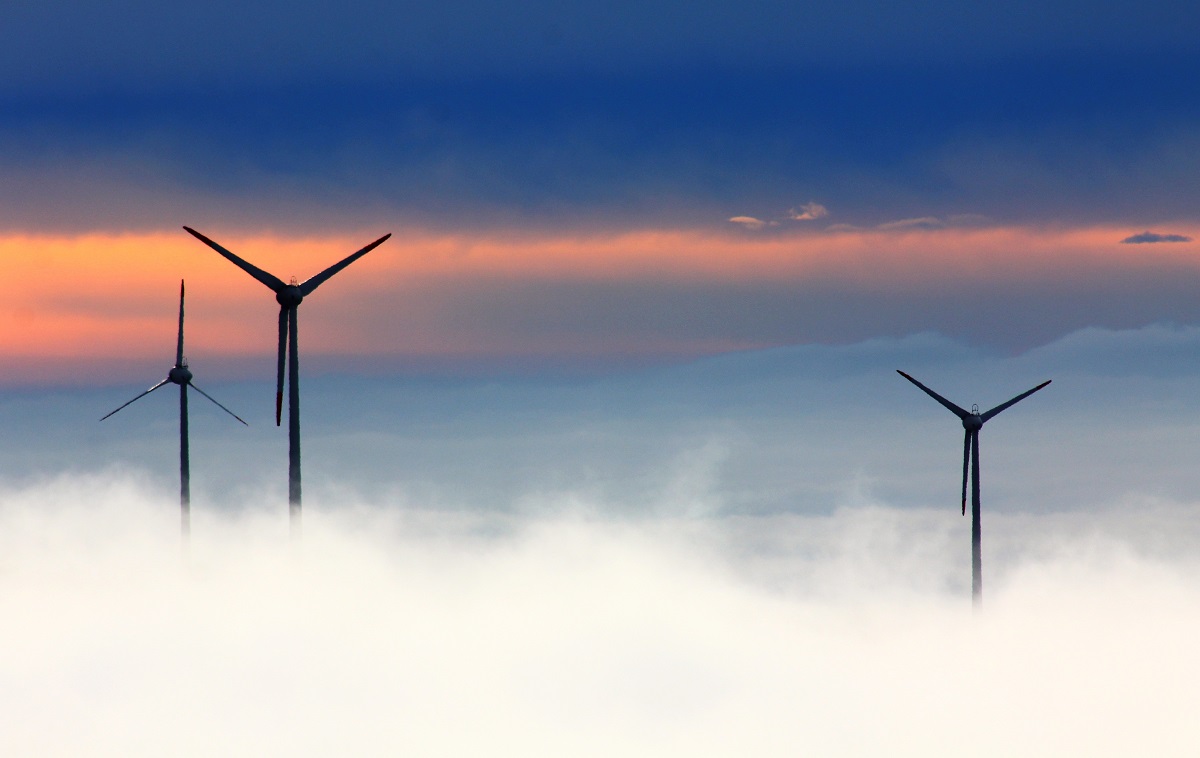Scientists and investors are looking to billion-year-old homebrew to assist in fulfilling Europe’s future natural gas demands as well as providing a mechanism to store and utilize extra energy generated by solar and wind power, Bloomberg reports.
European energy corporations are depending on single-celled microorganisms called archaea to convert carbon dioxide and hydrogen into methane, the major part of natural gas, similarly to brewers utilizing living yeast to transform sugar and starch into beer. The concept is to capture CO2 released when industries burn fossil fuels and use it to make additional fuel, thereby preventing global warming emissions from entering the atmosphere.
The microbes that catalyze the process may be found in some of the world’s harshest environments, including deep underground gas tanks, where they can be fed a regular diet of industrial pollutants and green hydrogen to refill fuel stocks and store energy. The methane may then be pumped into current gas pipelines and supplied to manufacturers, or it can be stored underground and used in the form of a geochemical battery.
Archaea, which were discovered by American scientists 40 years ago as a distinct realm of life, live in oxygen-depleted, high-pressure settings kilometers deep and beneath. Their green energy application is gaining traction as European customers grapple with record gas costs. Geopolitical concerns with Russia, Europe’s largest fuel source, are hastening the quest for more long-term, sustainable energy alternatives.
Electrochaea, based just off Munich, completed its sixth investment round last month, raising 36 million euros ($41 million) from investors including Baker Hughes Co. and Engie SA. According to Hafenbradl, Electrochaea has already established experimental facilities in Denmark, Hungary, and Switzerland, and is currently working on locations where hundreds of megawatt-hours of green gas may be generated by mid-decade.
Among the most complex archaea initiatives is on the Austrian-German border, where RAG Austria AG, Europe’s fourth-largest storage operator, has been experimenting with the archaea in its gas wells. The business, whose major owners comprise utilities EVN AG and Uniper SE, intends to manufacture the hydrogen required for the production using renewable energy produced in Ukraine. The CEO of RAG Markus Mitteregger said that the ambition will take many decades to accomplish but will result in a greener and more sustainable energy industry in Europe.

